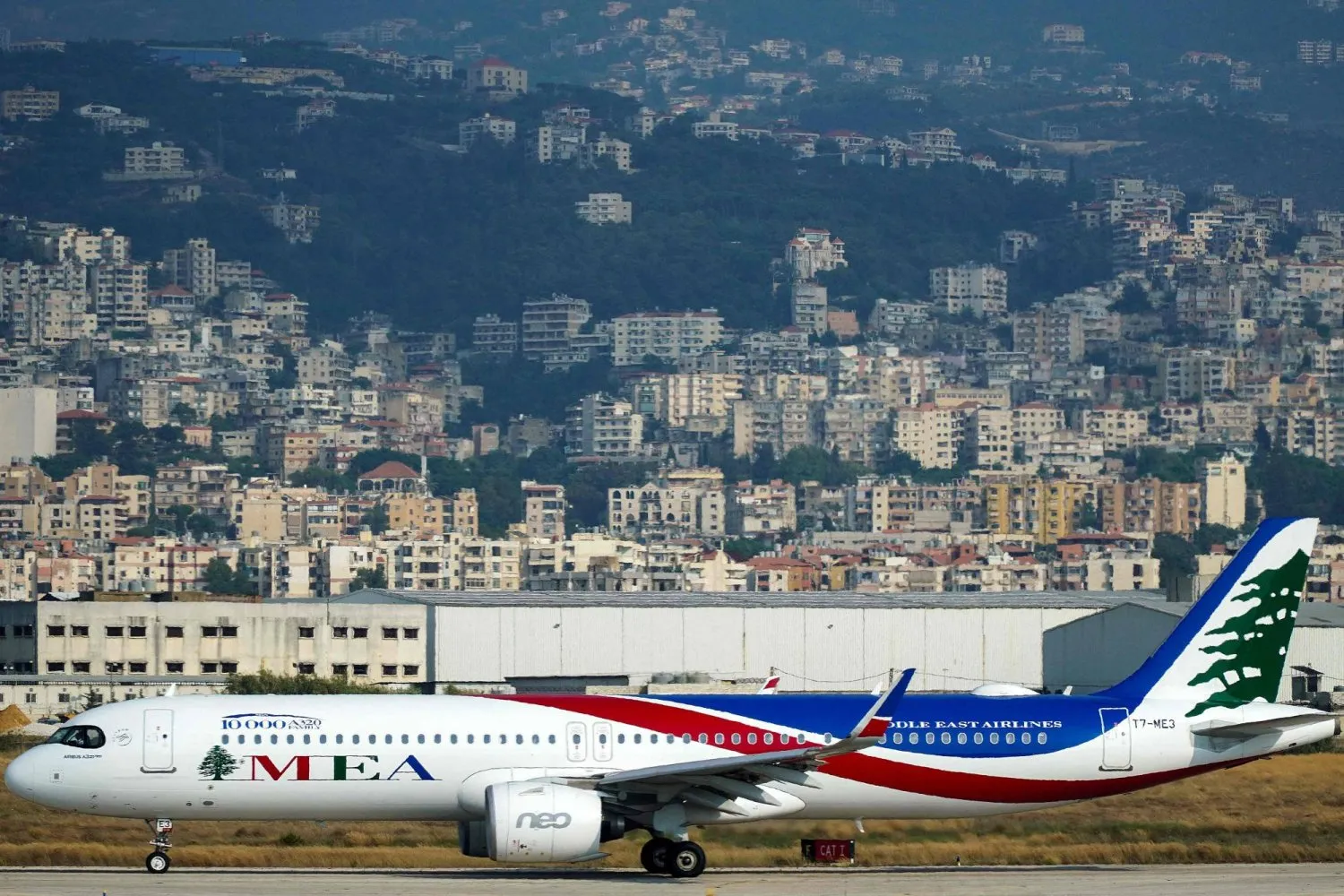Flights at Beirut airport have been canceled or delayed with Lebanon's Middle East Airlines (MEA) saying disruptions to its schedule were related to insurance risks, as tensions escalate between Israel and armed political group Hezbollah.
Lufthansa on Monday said it had suspended five routes to and from Beirut by the group's carriers Swiss International Air Lines, Eurowings and Lufthansa up to and including July 30 "in an abundance of caution".
A rocket strike that killed 12 teenagers and children in the Israeli-occupied Golan Heights on Saturday has added to concerns that Israel and the Iran-backed group could engage in a full-scale war, Reuters said.
Israel's security cabinet on Sunday authorized the government to respond to the strike. Hezbollah denied any responsibility for the attack, the deadliest in Israel or Israeli-annexed territory since Hamas' Oct. 7 assault sparked the war in Gaza, which has since spread to several fronts.
Beirut airport's flight information board and flight tracking website Flightradar24 show Turkish Airlines also canceled two flights overnight on Sunday.
Türkiye-based budget carrier SunExpress, Turkish Airlines subsidiary AJet, Greek carrier Aegean Airlines, Ethiopian Air and MEA have also canceled flights scheduled to land in Beirut on Monday, Flightradar24 shows.
The airlines did not immediately respond to requests for comment.
Beirut-Rafic Hariri International Airport is Lebanon's only airport. It has been targeted in the country's civil war, and previous fighting with Israel, including in the last war between Hezbollah and Israel in 2006.
On Sunday, MEA said it had delayed the departure of some flights set to land in Beirut overnight. Additional delays to flights landing on Monday were then announced due to "technical reasons related to the distribution of insurance risks for aircraft between Lebanon and other destinations", MEA said.
Hezbollah and the Israeli military have increased cross-border exchanges of fire since the Gaza war began. The conflict has disrupted flights and shipping across the region, including during reciprocal drone and missile attacks between Israel and Iran in April.
Lufthansa has already suspended night-time flights to and from Beirut for July due to "current developments" in the Middle East.
Beirut Flights Canceled, Delayed amid Fears of Israeli Attack

(FILES) Middle East Airlines' A321NEO plane is seen on the tarmac of Rafic Hariri international airport in the Lebanese capital Beirut, on August 10, 2022. (Photo by Roy ISSA / AFP)

Beirut Flights Canceled, Delayed amid Fears of Israeli Attack

(FILES) Middle East Airlines' A321NEO plane is seen on the tarmac of Rafic Hariri international airport in the Lebanese capital Beirut, on August 10, 2022. (Photo by Roy ISSA / AFP)
لم تشترك بعد
انشئ حساباً خاصاً بك لتحصل على أخبار مخصصة لك ولتتمتع بخاصية حفظ المقالات وتتلقى نشراتنا البريدية المتنوعة







